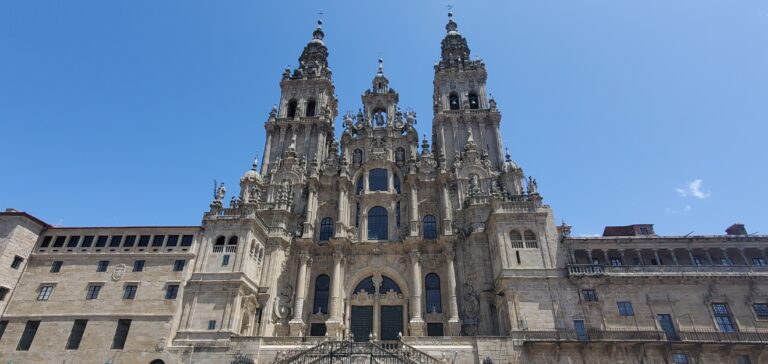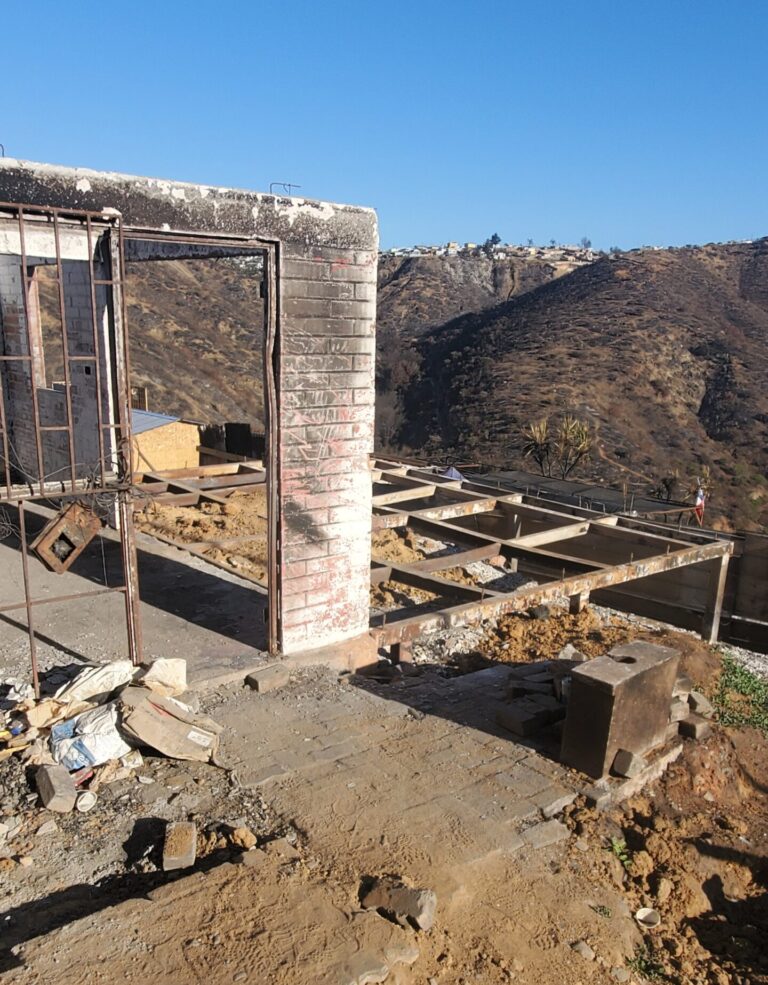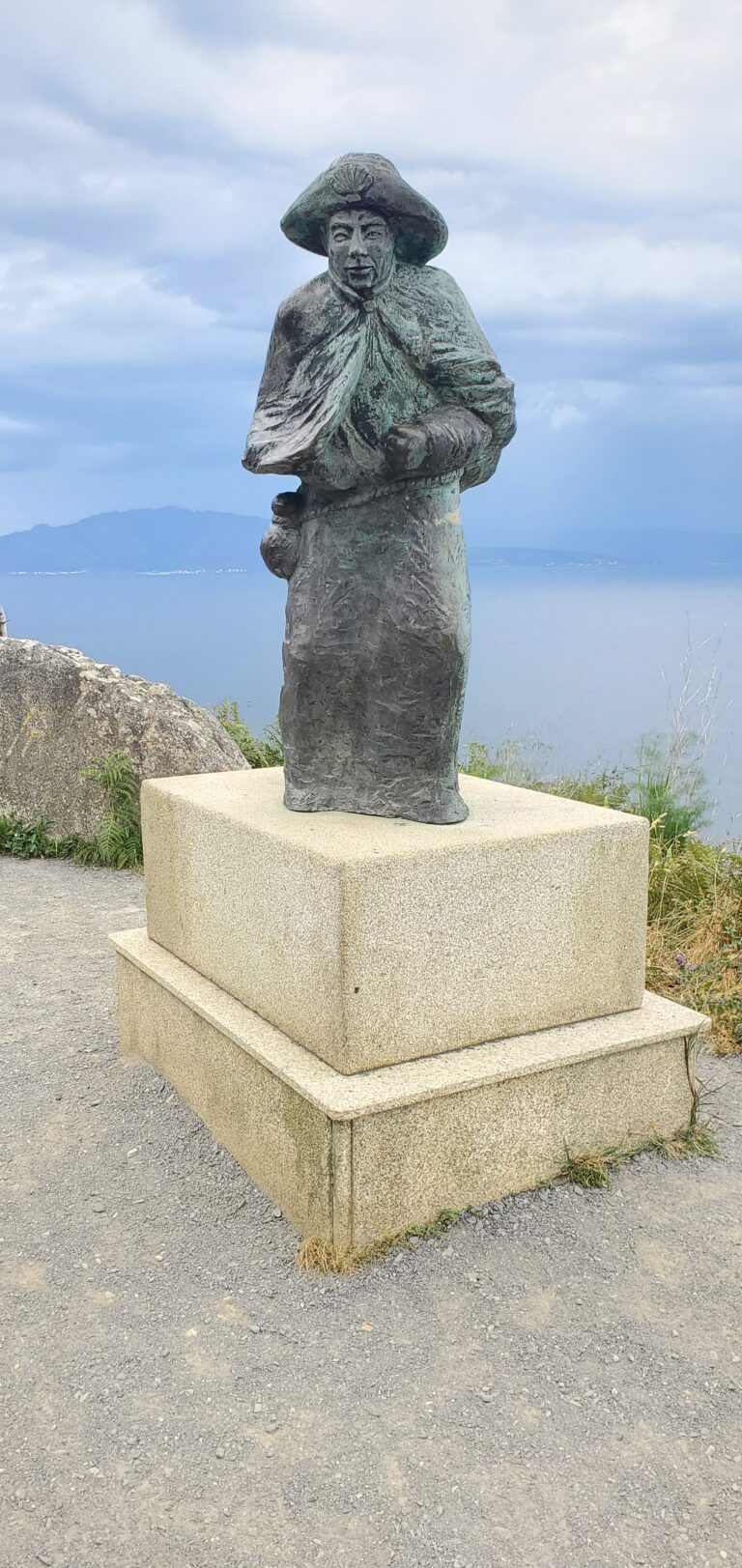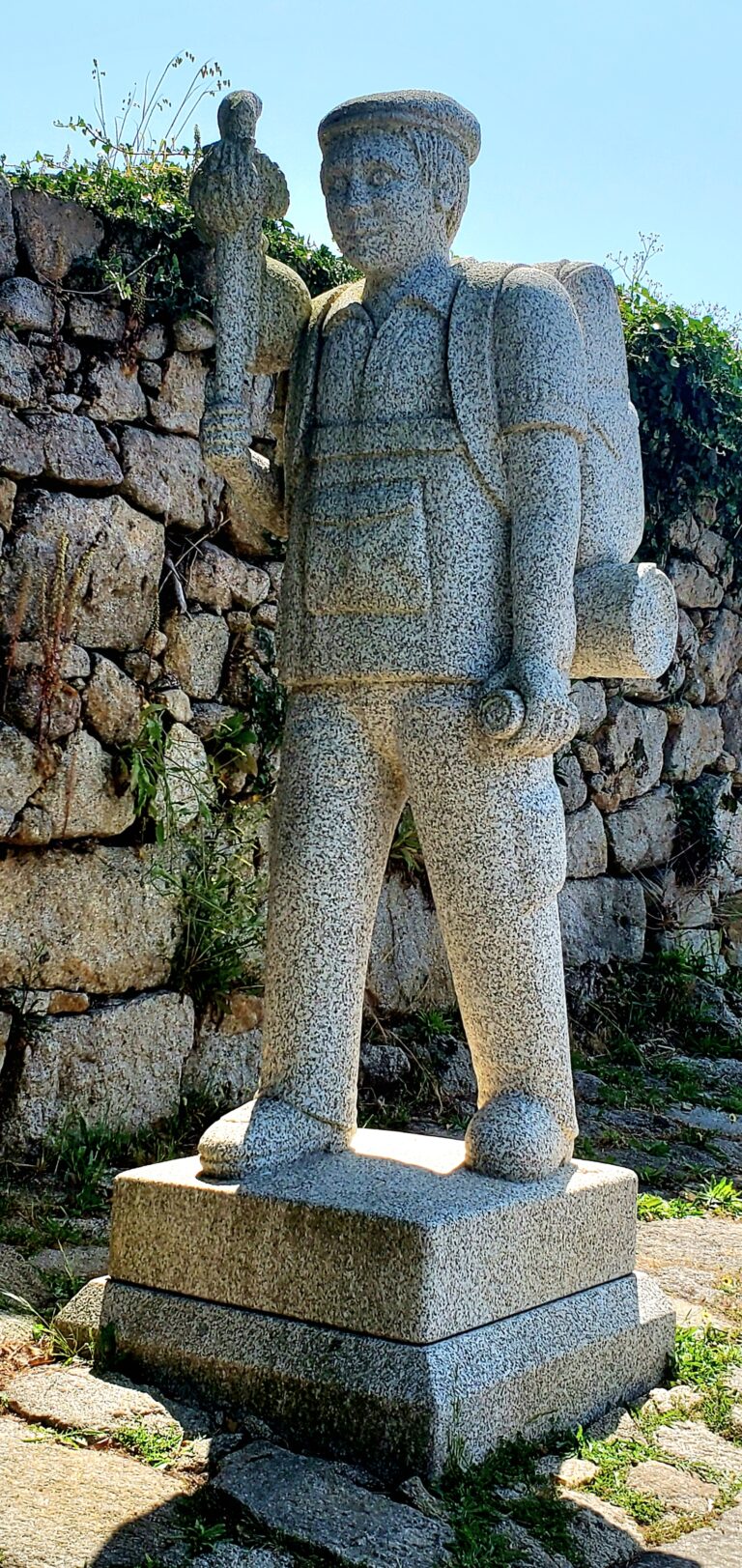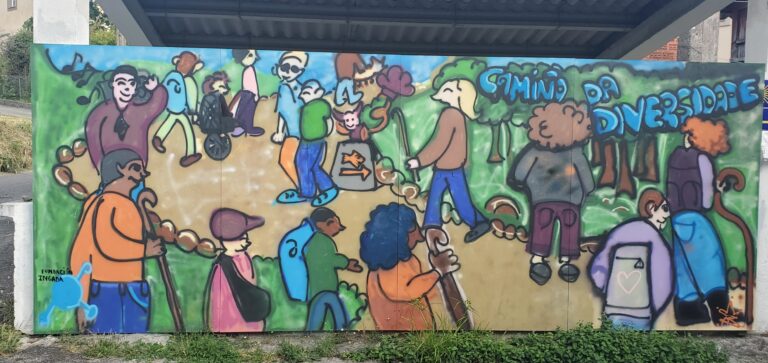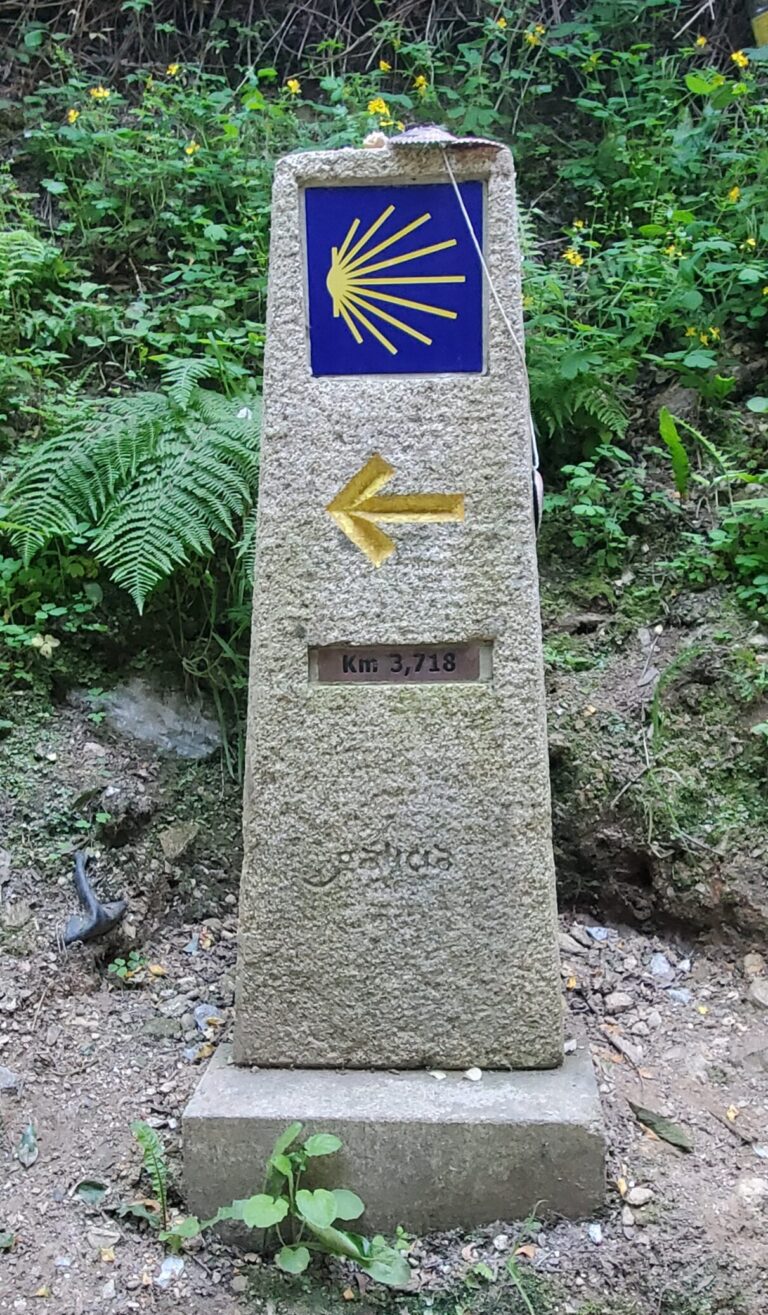El Camino de Santiago: Walking with Saint James (Devotional Day 1)
The Journey Begins When does a pilgrim officially become a pilgrim? Is it the first intentional step out the door in the direction of the final destination? Exiting the airplane in the city where one’s route begins? When you receive your “credencial” (like a pilgrim’s passport) with its very first stamp? Or that very first…
